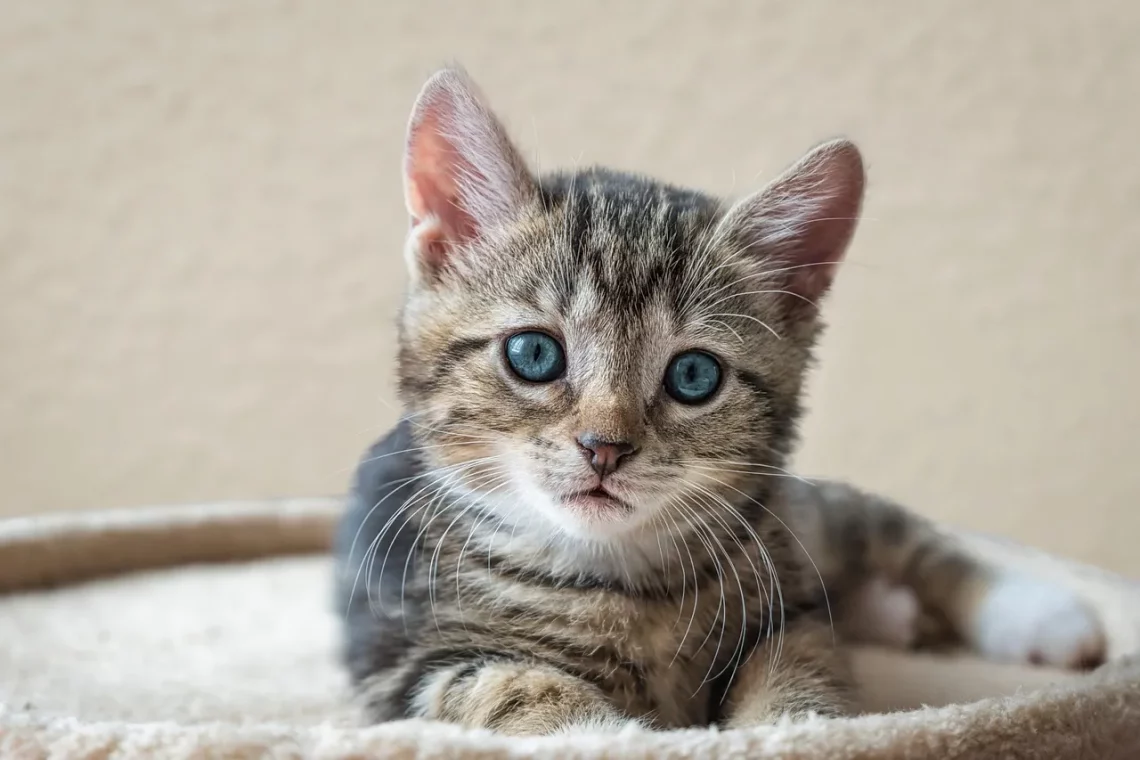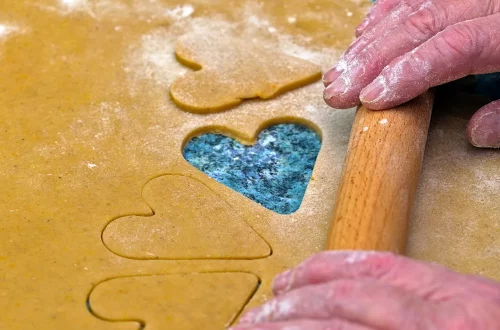
The Ideal Age to Spay or Neuter Your Kitten for Optimal Health
The decision to spay or neuter a kitten is one that many pet owners face, often accompanied by a mixture of emotions and concerns. This process, which involves surgical intervention, is not merely a matter of population control; it also has significant implications for the health and behavior of your feline companion. Kittens, with their playful and curious nature, are at a critical stage of development, making the timing of this procedure particularly important.
As responsible pet owners, understanding the benefits and potential risks associated with spaying and neutering can lead to informed decisions that promote the well-being of your pet. The age at which a kitten is spayed or neutered can influence various factors, including behavior, health outcomes, and even the likelihood of certain diseases. The benefits of these procedures extend beyond the individual animal, contributing to broader community health by reducing the number of unwanted litters and the strain on animal shelters.
Moreover, the societal attitudes toward spaying and neutering have evolved over time, with increasing awareness of the advantages these practices offer. This article will help guide you through the considerations surrounding the optimal age for spaying or neutering your kitten, shedding light on various factors that can impact their overall health and quality of life.
Understanding the Benefits of Spaying and Neutering
Spaying and neutering are surgical procedures that involve the removal of the reproductive organs of cats. Spaying refers to the operation performed on female cats, while neutering is the term used for males. These procedures are not only essential for controlling the pet population but also come with a myriad of health benefits.
One of the most significant health advantages of spaying female cats is the reduction in the risk of certain types of cancers, particularly ovarian and uterine cancers. By eliminating the hormonal cycles associated with these organs, spaying effectively prevents the development of these potentially fatal diseases. Additionally, spaying can help prevent pyometra, a severe infection of the uterus that can be life-threatening if not treated promptly.
For male kittens, neutering can help reduce the risk of testicular cancer and diseases related to the prostate. Furthermore, neutering can lead to a decrease in undesirable behaviors often associated with mating instincts, such as aggression and territorial marking. These behavioral changes can make for a more harmonious household, as neutered males are typically less inclined to roam, reducing the likelihood of getting lost or injured.
In addition to health benefits, spaying and neutering can contribute positively to the broader community. With fewer stray cats on the streets, there is less competition for resources, which can lead to healthier feline populations. Moreover, spaying and neutering can alleviate the burden on animal shelters, reducing the number of animals that are euthanized due to overpopulation.
Ultimately, the decision to spay or neuter your kitten comes with numerous benefits that extend beyond individual health. It promotes a healthier lifestyle for your pet and contributes to a more balanced and responsible pet ownership culture.
Factors Influencing the Ideal Age for Surgery
Determining the optimal age for spaying or neutering a kitten is not a one-size-fits-all decision. Several factors can influence when the procedure should be performed, and each kitten’s unique circumstances must be taken into account.
One of the primary considerations is the kitten’s overall health and development. Kittens typically undergo rapid growth during their first few months of life, and it is crucial to ensure they are healthy enough to withstand surgery. Consulting with a veterinarian can provide clarity on whether a kitten is ready for the procedure based on their weight, age, and health status.
Another important factor is the kitten’s breed. Some breeds may mature faster than others, influencing the timing of spaying or neutering. For example, larger breeds may take longer to reach full maturity, while smaller or more active breeds may be ready sooner. Understanding the specific needs of your kitten’s breed can help you make a more informed decision.
Socialization is yet another aspect to consider. The early months of a kitten’s life are critical for developing social skills and behavioral patterns. If a kitten is spayed or neutered too early, it might impact their socialization process. Conversely, waiting too long can lead to unwanted behaviors associated with sexual maturity, such as marking territory or increased aggression.
Finally, community factors should also be considered. In areas where stray populations are high, local laws and guidelines may recommend spaying or neutering at an earlier age to help control the population. Understanding these community standards can provide additional context for your decision.
Ultimately, the ideal age for spaying or neutering your kitten will depend on a combination of these factors, making it essential to engage in open dialogue with your veterinarian.
The Procedure: What to Expect
When the time comes to spay or neuter your kitten, it is essential to understand what the procedure entails and what you can expect. Preparing for surgery involves several steps, and being informed can help ease any anxiety you may have.
Before the surgery, your veterinarian will conduct a thorough health examination of your kitten. This may include blood tests to ensure that the kitten is healthy enough for anesthesia. It is also crucial to follow any preoperative instructions provided by the vet, which may include fasting your kitten for a certain period before the procedure.
On the day of the surgery, your kitten will be placed under general anesthesia, ensuring they are completely unconscious and pain-free during the operation. The surgical procedure itself is relatively quick, typically lasting between 30 minutes to an hour. After the surgery, the veterinarian will monitor your kitten until they are awake and stable.
Post-operative care is just as important as the surgery itself. Your veterinarian will provide specific instructions on how to care for your kitten during the recovery phase. This may include managing their pain with prescribed medications, preventing them from licking their surgical site, and limiting their activity for a certain period.
It’s also important to watch for any signs of complications, such as excessive swelling, bleeding, or signs of infection. Following the veterinarian’s post-operative instructions carefully can ensure a smooth recovery for your kitten.
Understanding the procedure and what to expect can help alleviate any concerns you may have, allowing you to provide the best care for your furry friend during this important time.
Long-Term Health Considerations Post-Surgery
After spaying or neutering, many pet owners wonder about the long-term health implications for their kittens. It is important to recognize that while these procedures can significantly reduce the risks of certain diseases, they are not a guarantee of perfect health.
One of the most common concerns post-surgery is weight gain. Altered cats tend to have a slower metabolism and may be less active, increasing the risk of obesity. Obesity in cats can lead to various health issues, including diabetes, joint problems, and even a shortened lifespan. To combat this, pet owners should focus on providing a balanced diet and ensuring their cats engage in regular physical activity.
Moreover, spaying and neutering can alter a kitten’s behavior. While many of these changes are positive—such as reduced aggression or the elimination of undesirable mating behaviors—some pet owners may notice increased clinginess or changes in personality. Understanding these potential changes can help owners adapt their expectations and provide appropriate support to their pets.
Regular veterinary check-ups are essential in monitoring your kitten’s health after surgery. These visits allow for the early detection of any issues that may arise and provide an opportunity for pet owners to discuss their concerns with a professional.
In conclusion, while spaying and neutering are vital for the health and well-being of your kitten, ongoing care and attention are equally important. Being proactive about your pet’s health will ensure that they lead a happy and fulfilling life.
**Disclaimer**: This article is not intended as medical advice. For any health issues or concerns regarding your pet, please consult with a qualified veterinarian.




